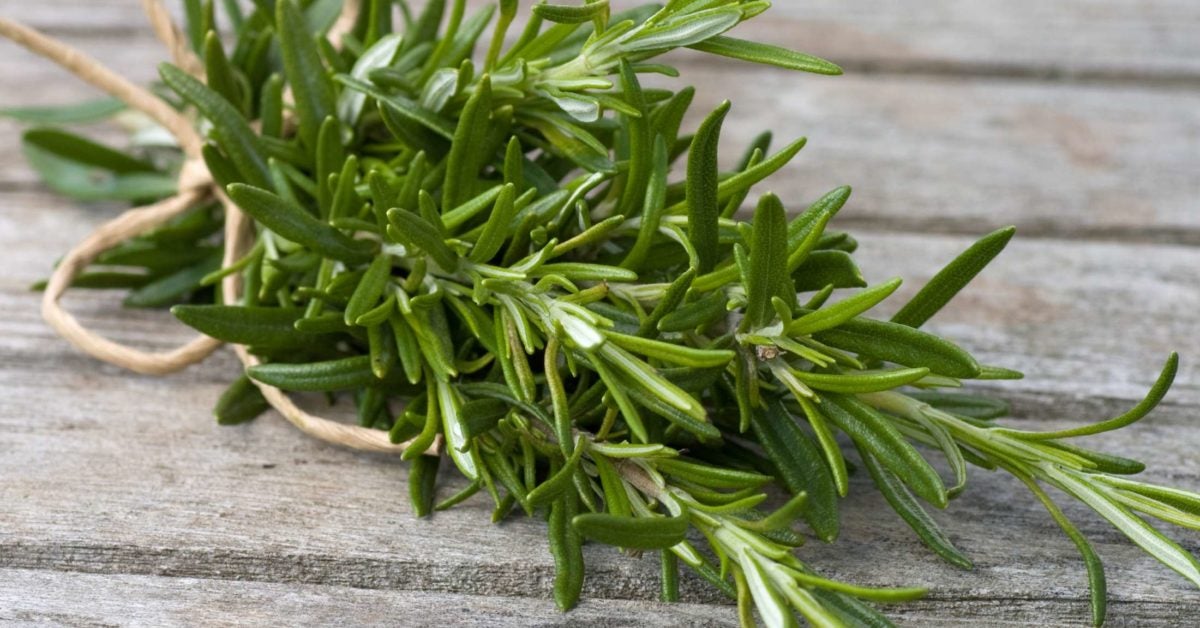Growing your own herbs is a fun way to get your hands dirty, save money, and enjoy the delicious flavors. Bees and butterflies would be drawn to your garden by their scent. Growing these herbs at home is perfect for a beginner or young gardener because you don’t need many lands, good soil, or a lot of time.
These herbs only require sunlight, frequent watering, particularly during the summer, and good drainage to grow at home. Harvesting the herbs on a regular basis will keep them in shape and promote new growth. During the winter, some varieties will continue to expand. You’ll be able to harvest the seeds from the annual herbs and replant them in the spring.
Here are the five herbs to grow at home if you’re new to gardening.
BASIL
:max_bytes(150000):strip_icc()/how-to-grow-basil-plants-1402624-07-6071d2544ef2423a99d2e30a153c2b00.jpg)
Basil is one of the simplest herbs to cultivate and can be cultivated both indoors and outdoors. It needs moist and drained soil and plenty of sunlight to thrive. Plant the seeds six weeks before the winter ends if you’re starting the plant from seeds and want to transplant it outside. Plants can only be brought outdoors when all hazards of frost have passed.
Remember to pinch off the flowers before they start to bloom to get the most vivid flavor. To the best quality of basil, prune the plant on a regular basis. As we all know, basil is one ingredient that is popular in Italian cuisine. You can also use basil in your meal, like your salads.
PARSLEY
Parsley is known to have a mildly bitter taste that can be used to add flavor to a number of dishes. Parsley plants can become big and bushy as they mature. Vitamins A and C are abundant in parsley. Salads and stuffings benefit from the addition of parsley. Plant it as soon as possible because it takes a month to sprout. The plant needs warm soil and a moist atmosphere. After the plant has three different sprigs, you can harvest it.
ROSEMARY

Rosemary is a flavorful herb that can be used in a variety of dishes. It can add flavor to meat, vegetables, or poultry. Around the holidays, you’ll see rosemary bushes in the form of trees for sale. You bring them home and plant them in the spring season.
The aromatic plant has a good fragrance and is occasionally used in floral arrangements. Rosemary prefers the soil to be a little dry, so don’t overwater it. Allowing a rosemary plant to prosper can result in a full-sized bush.
MINT
Most mint varieties are invasive, and if not given enough room to grow, they will surely acquire all the spaces in your garden. To keep mint plants contained, make sure they have their own room, separate from the rest of the plants, or grow them in pots. Mint needs a lot of sunlight and moist soil to thrive.
You can either harvest individual leaves or cut the whole plant just before it flowers above the second set of leaves. Mint will grow faster if you harvest more leaves. Mint is a versatile herb that can be used in sauces, soups, and salads. Mint can also be used in desserts, especially when paired with chocolate. Finally, to brighten up a drink, toss a sprinkle of fresh mint into the bottle.
THYME
/grow-thyme-indoors-1902495-02-6cfdad3b59e14b4187b348453f280a82.jpg)
Thyme is a fragrant herb that is widely used in Italian and French cuisine. Thyme is another perfect edible plant for your garden. It looks great in a jar, but it also works well as a ground cover in the garden, creating big clumps that you can walk on. Thyme thrives in full sun and tends to be planted in a sheltered spot.
Thyme may be found in sauces, soups, and stews. Thyme can be used to marinate meats or to spice a variety of roast vegetables. Since thyme is difficult to grow from seeds, you can get the plants from any store that sells them. Throughout the season, thyme can be picked. Grocery store herbs are often expensive and have less taste than fresh-cut herbs.
On the other hand, fresh herbs can be hard to come by at the market, and when they do, they can be very expensive—plant fresh herbs in your garden so that you won’t have to spend more and you can even enhance your cooking.
The herbs mentioned are easy to grow and are low maintenance. Start planting these herbs in your kitchen garden and reap the benefits from them.
Do you want to learn more interesting tips on gardening or how to grow different plants? Just visit Ryhom for more knowledgeable information.

